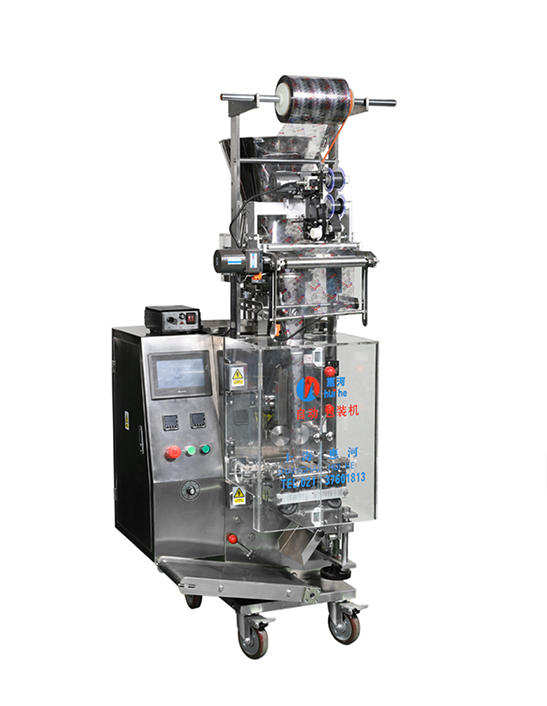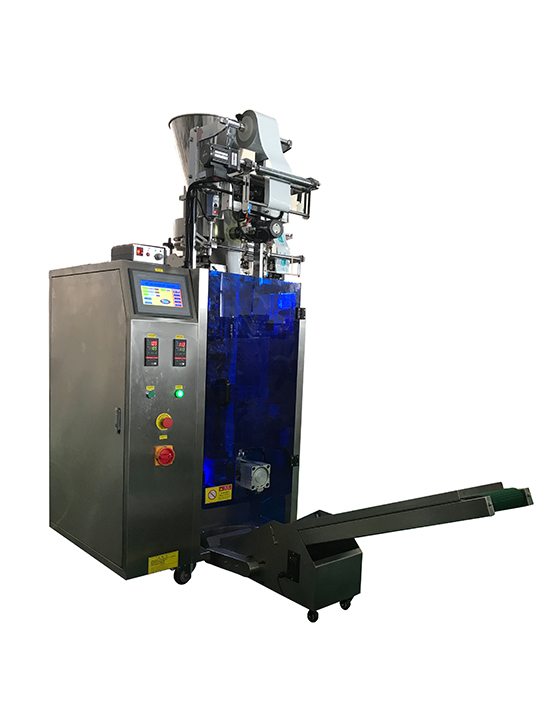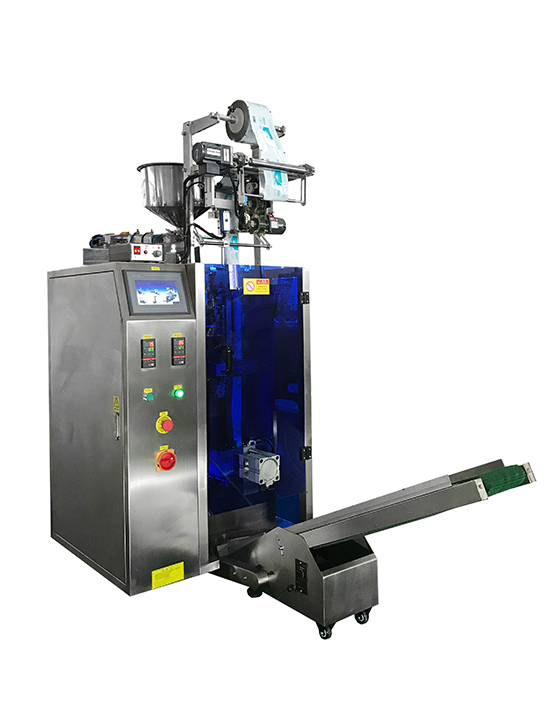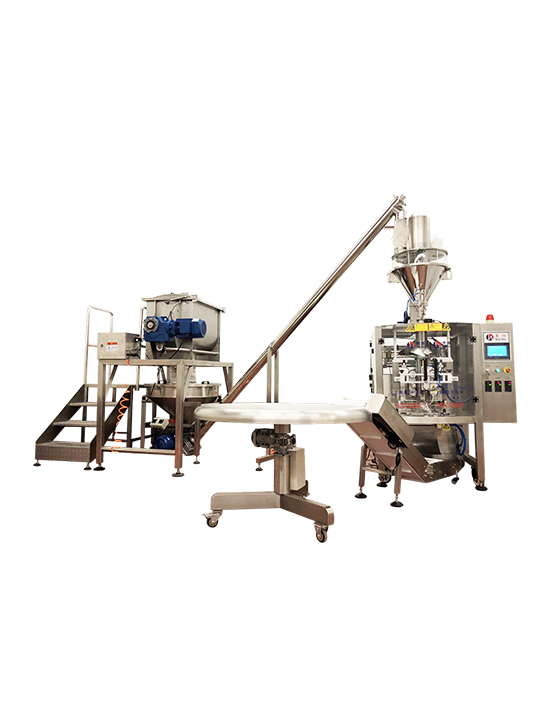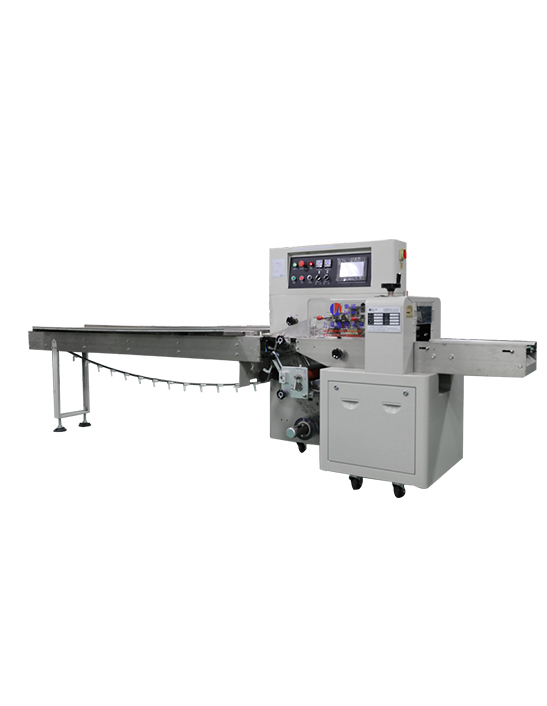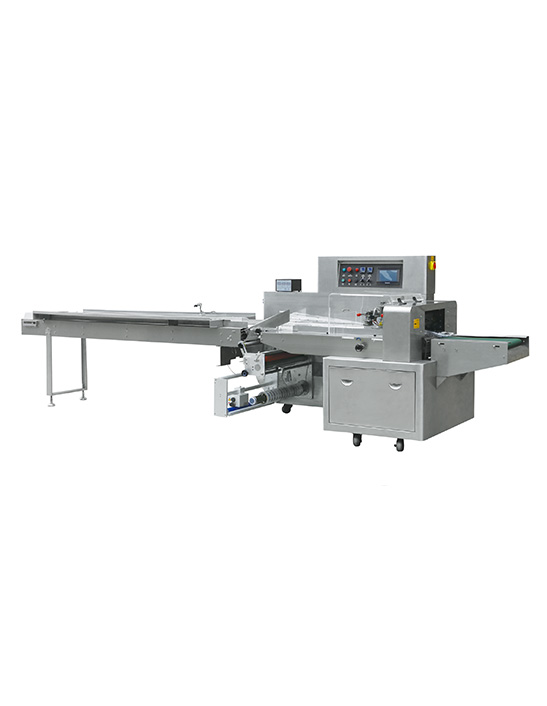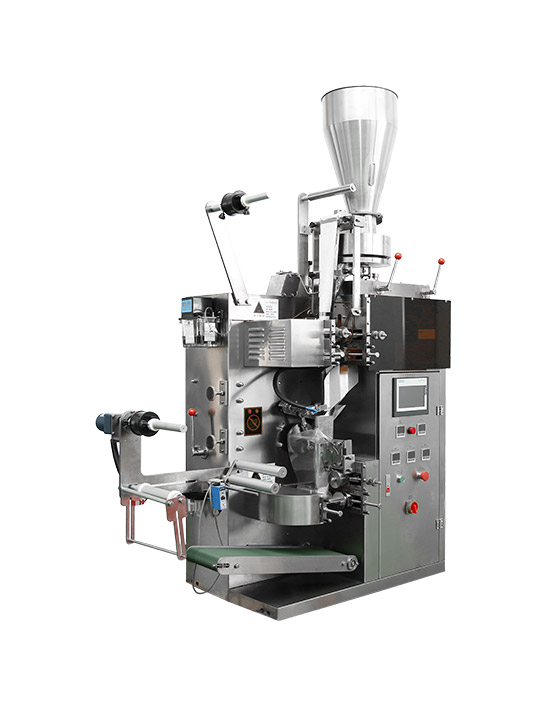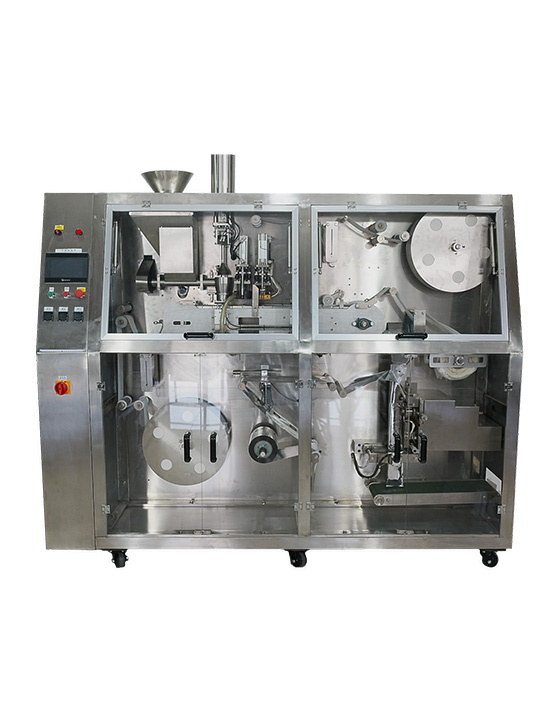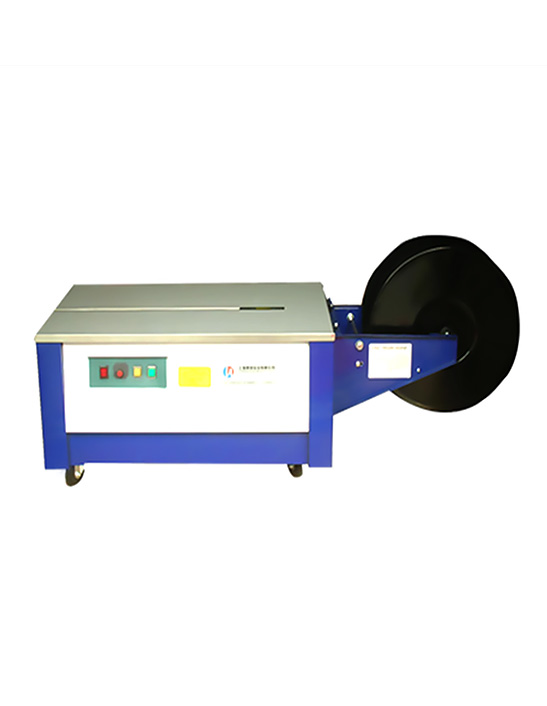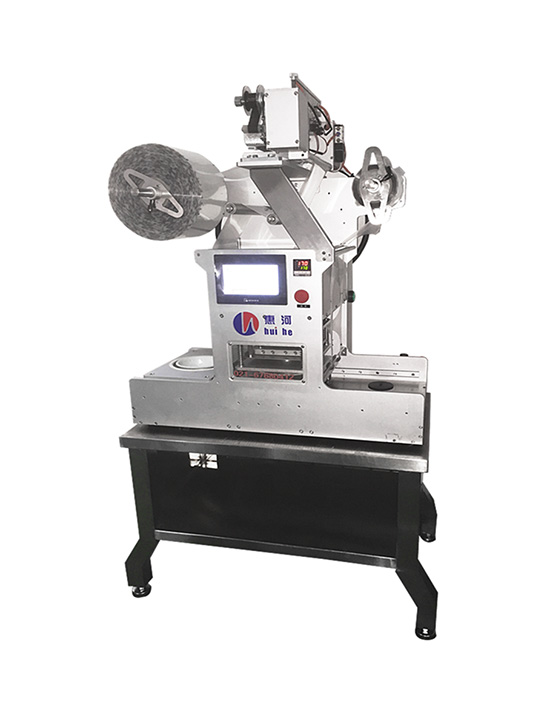In modern packaging operations, efficiency, flexibility, and product protection are critical considerations. Two commonly used packaging technologies in industries ranging from food and beverages to chemicals and pharmaceuticals are Premade Bag Packing Machines (PBPMs) and Form-Fill-Seal (FFS) Machines. While both systems are designed to automate the packaging process, they differ in mechanics, capabilities, product compatibility, and operational requirements. Understanding these differences is essential for manufacturers looking to optimize their production lines, reduce costs, and improve packaging quality. This article provides an in-depth comparison of premade bag packing machines and form-fill-seal machines, examining design, applications, advantages, limitations, and selection criteria.
1. Overview of Premade Bag Packing Machines
Premade bag packing machines, as the name implies, use pre-formed bags that are manufactured separately and supplied to the packaging machine in stacks or rolls. These machines automatically pick, open, fill, and seal the bags with the product.
Key Characteristics of PBPMs:
- Bag Types: PBPMs can handle a wide variety of bags, including stand-up pouches, flat pouches, gusseted bags, pillow bags, and zip-lock bags.
- Automation: The machine opens premade bags, fills them with a precise quantity of product, and seals them using heat, ultrasonic, or adhesive sealing methods.
- Filling Accuracy: Typically integrated with volumetric, auger, weighing, or liquid filling systems, PBPMs offer high filling precision.
- Speed: Can achieve high production rates, depending on bag size, product type, and automation level.
PBPMs are ideal for products that require pre-designed packaging for branding or special functionalities such as resealable closures.
2. Overview of Form-Fill-Seal Machines
Form-fill-seal machines are packaging systems that create bags from a roll of flexible film, fill them with product, and seal them—all within a single integrated machine.
Key Characteristics of FFS Machines:
- Bag Formation: The machine forms bags on demand from flat film, eliminating the need for pre-made bags. Common bag types include pillow bags, stand-up pouches, and gusseted bags.
- Integrated Process: The system combines bag forming, product filling, and sealing in a continuous cycle, often using vertical (VFFS) or horizontal (HFFS) configurations.
- Material Flexibility: Can work with various flexible films, laminates, and barrier materials.
- Customization: Allows changes in bag length, width, and sealing type with minimal downtime.
FFS machines are popular for high-speed operations where packaging materials are sourced in rolls rather than pre-formed shapes.
3. Comparison Based on Packaging Process
| Feature |
Premade Bag Packing Machine (PBPM) |
Form-Fill-Seal Machine (FFS) |
| Bag Source |
Uses pre-formed, pre-printed bags |
Forms bags from roll stock film |
| Setup Time |
Minimal for filling; bags are ready-to-use |
Requires setup to form bags and adjust film |
| Filling Flexibility |
High; can handle powders, granules, liquids, or solids |
High; compatible with powders, granules, liquids, and pastes |
| Sealing Method |
Heat, ultrasonic, or adhesive sealing |
Heat-sealing or ultrasonic sealing integrated |
| Production Speed |
Moderate to high, depends on bag type and size |
High, especially for vertical FFS on lightweight products |
| Packaging Customization |
Limited to pre-made bag designs |
Highly flexible; bag size and design adjustable on-demand |
| Material Waste |
Low, since bags are pre-made |
Can be slightly higher due to trimming and bag forming |
From this comparison, it is clear that PBPMs excel in maintaining pre-designed branding and functional features, while FFS machines shine in material efficiency and flexibility for custom packaging sizes.
4. Product and Industry Applications
4.1. Premade Bag Packing Machines
PBPMs are widely used in industries where packaging design is crucial or where resealable or specialty bags are preferred:
- Food Industry: Snacks, candies, frozen foods, and dry goods packaged in stand-up pouches or zip-lock bags.
- Beverages and Powdered Products: Instant coffee, protein powders, and drink mixes in pre-designed bags.
- Pharmaceuticals and Nutraceuticals: Pills, tablets, or herbal products requiring precise dosing in branded pouches.
- Industrial Products: Small hardware items, powders, or chemicals packaged in pre-made bags for easy retail distribution.
The key advantage is the ability to maintain a consistent branded look and to include specialized features such as zippers, spouts, or tear notches.
4.2. Form-Fill-Seal Machines
FFS machines are ideal for high-volume production with minimal downtime and material flexibility:
- Food Industry: Snacks, granola, cereals, sugar, salt, or liquid products like sauces.
- Pharmaceuticals and Chemicals: Powders, tablets, and liquid chemicals packaged in large volumes.
- Personal Care Products: Shampoo sachets, lotions, and small travel packs.
FFS machines allow rapid adaptation to different bag sizes and product types without changing pre-made bags, making them suitable for seasonal or promotional packaging.
5. Advantages of Premade Bag Packing Machines
- Pre-Printed Branding: Ideal for products with complex graphics or high-quality printing.
- Functional Bag Features: Handles zipper closures, spouts, and other features without modifying the machine.
- Reduced Risk of Film Handling Issues: No need to deal with film rolls, web tension, or registration issues.
- Faster Changeovers for Bag Styles: Swapping between pre-made bag types can be faster than adjusting an FFS machine for complex film combinations.

6. Advantages of Form-Fill-Seal Machines
- Flexible Packaging Sizes: Bag length, width, and style can be changed on-demand.
- Material Efficiency: Eliminates pre-made bags and reduces inventory requirements.
- High-Speed Production: Particularly in vertical FFS machines for lightweight products.
- Reduced Inventory Costs: Only rolls of film need to be stored, reducing storage and transportation needs.
- Automation Friendly: Can integrate with dosing systems, conveyors, and robotic solutions for high-volume operations.
7. Limitations
Premade Bag Packing Machines:
- Bag Supply Dependency: Requires a consistent supply of pre-made bags, which may increase costs.
- Limited Bag Customization On-Demand: Any change in bag design requires new pre-printed bags.
- Slower for Certain Products: For ultra-high-speed operations with lightweight products, FFS may be faster.
Form-Fill-Seal Machines:
- Printing Limitations: On-demand film printing can be complex and may require post-printing.
- Film Handling Complexity: Requires careful calibration to avoid wrinkles, misalignment, or film tearing.
- Initial Setup Complexity: Bag formation settings require skilled operators to optimize.
8. Cost Considerations
When choosing between PBPM and FFS machines, cost is a significant factor:
- Capital Costs: PBPMs may have lower upfront costs for small-scale operations, as they do not need complex bag-forming systems. FFS machines can have higher initial investment but lower per-bag cost for large-scale operations.
- Operational Costs: PBPMs incur ongoing costs for purchasing pre-made bags. FFS machines save on bag procurement but may consume slightly more film due to trimming.
- Maintenance: Both systems require routine maintenance, but FFS machines may demand more attention to film handling, sealing jaws, and alignment systems.
9. Selection Criteria
When deciding which system to use, manufacturers should consider:
- Production Volume: High-speed, high-volume production may favor FFS machines.
- Packaging Design Needs: Complex pre-printed or functional bags favor PBPMs.
- Product Type: Fragile, sticky, or liquid products may be easier to handle in PBPMs with pre-formed bags.
- Budget: Consider both upfront investment and ongoing material costs.
- Flexibility Needs: For frequent changes in bag size or promotional packaging, FFS machines are more adaptable.
A hybrid approach is sometimes adopted, where FFS machines are used for high-volume products and PBPMs for specialized packaging lines.
10. Conclusion
Premade Bag Packing Machines and Form-Fill-Seal Machines both offer distinct advantages and serve complementary roles in modern packaging operations. PBPMs excel in preserving pre-printed branding, incorporating functional bag features, and handling specialty or fragile products. In contrast, FFS machines provide flexibility in bag sizes, high-speed production, and material efficiency, making them suitable for large-scale operations and variable packaging requirements.
Ultimately, the choice between PBPM and FFS machines depends on product type, production volume, packaging design, operational budget, and flexibility requirements. Manufacturers aiming for optimal efficiency may adopt a combination of both systems, leveraging the strengths of each to meet market demands, reduce costs, and maintain high-quality packaging standards.
By carefully assessing operational needs and long-term goals, businesses can select the right machine to maximize productivity, maintain brand integrity, and ensure consistent, high-quality packaging for their products.

 英语
英语 西班牙语
西班牙语 简体中文
简体中文
